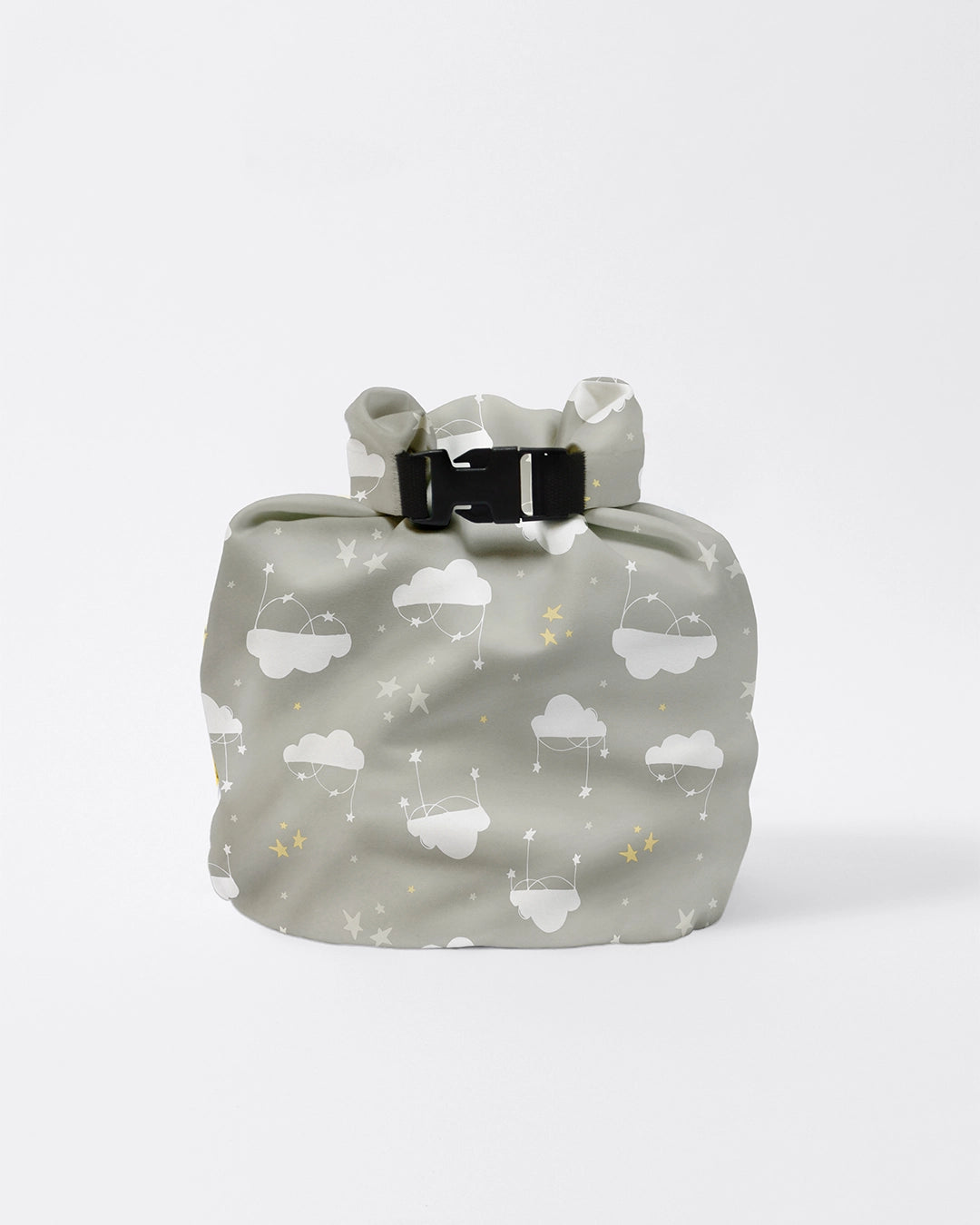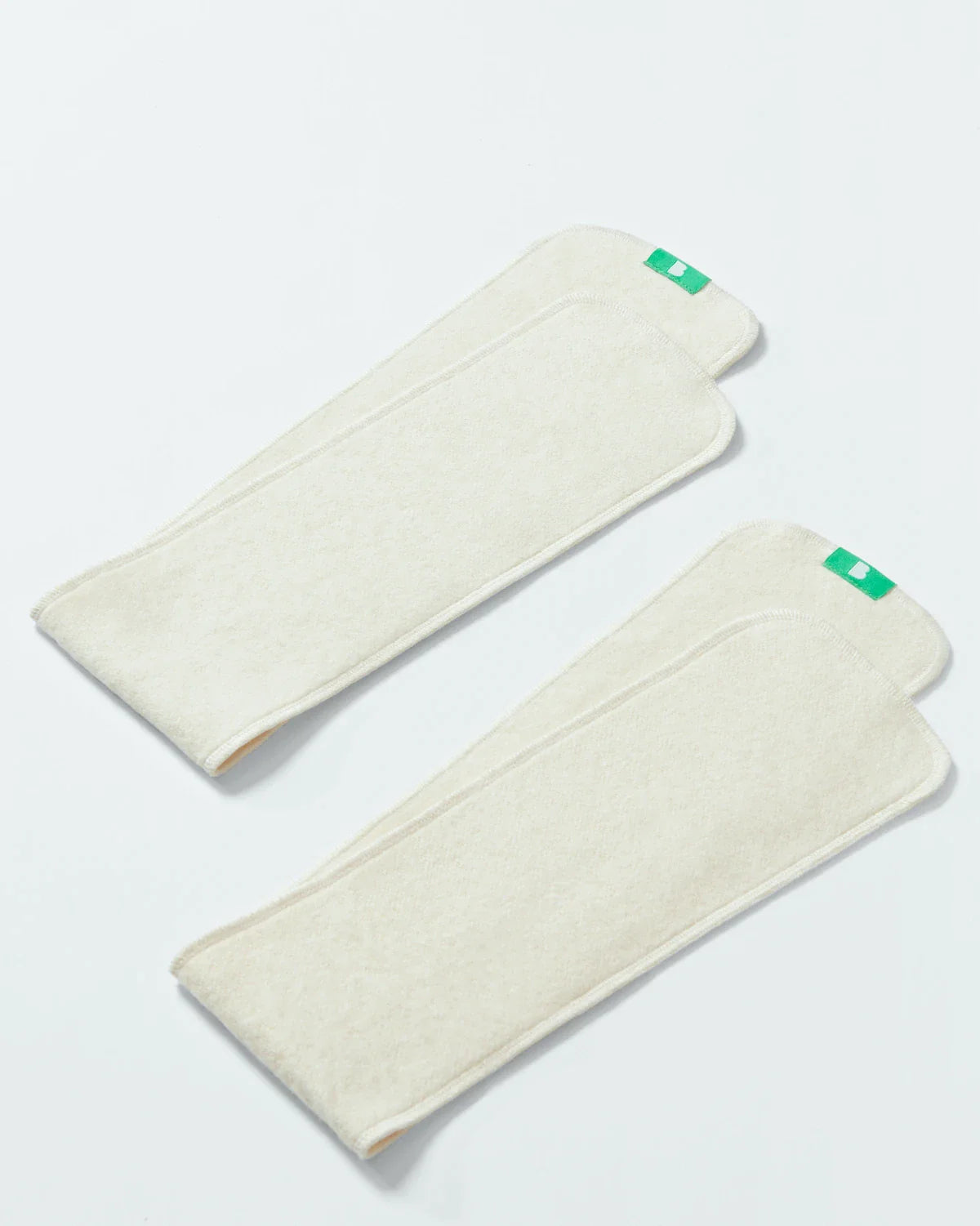Night Feeding - What to Expect
Share Options
- Bambino Mio
- 20 / 09 / 2023

For your attention: The nutritional information within this article is intended solely for general informational purposes. It is not to be considered as a replacement for tailored medical advice from a certified healthcare professional. It is imperative to consult with your paediatrician or a qualified medical expert before introducing new food items such as fish or nuts into your infant's dietary regimen, especially if there are pre-existing health concerns or a familial history of allergies.
Inside this Article:
- Your baby needs to feed several times a night
- Get everything ready for the night feeds
- Get a partner or other loved one involved
- Keep the lights down low
- You’ll be tempted to use your smartphone
- Try to sleep during the day
- Be ready to enjoy the night feedings
- You might feel impatient for night feedings to end
- Citations and References
While you’re delighted to finally meet your baby, you’re probably finding the lack of sleep something of a challenge. Your body is recovering from the birth, you’re adjusting to parenthood and you’re waking up a few times a night to feed your baby.
Your baby needs to feed several times a night
Newborn babies’ stomachs are tiny (1) so they need to fill them up regularly, which means feeding every few hours during the day - and night - for a few months. It’s tiring, but essential for your baby to get enough nutrition to grow and stay healthy.
Here’s what you can expect and how to make the night feeding phase that little bit easier.
Get everything ready for the night feeds
You’ll have some idea as to how often and at which times your baby will wake for feeds so make sure you have everything ready beforehand.
If you’re formula feeding, make sure there’s sterilised bottles ready so you don’t keep your baby waiting for too long. A glass of water and a snack for you might not go amiss, either.
It’s also really useful to have your changing equipment ready so that if you need to change your baby’s nappy you can do so quickly and efficiently. If you can, change their nappy before the feed so that you can feed them back to sleep.
Get a partner or other loved one involved
Even if it’s one night feed every other day, sharing the load helps physically and mentally. If your partner is on parental leave, you’ll probably be able to share the feeds more evenly.
If you’re breastfeeding, your partner can either give your baby expressed milk, burp your baby or change the nappy and bring you a drink.
Keep the lights down low
Night feeds happen during the night, which means you’ll be doing them in the dark. If you keep the room dark, or dimly lit, it’ll help both you and your baby to get back to sleep.
It’s also important to speak quietly and move very gently to avoid fully waking your baby - and yourself, for that matter.
You’ll be tempted to use your smartphone.
…but don’t.
While it’s almost reflexive to pick up your phone for a browse to kill time, try to avoid it during night feeds. There’s some research which suggests the blue light from phones and screens (2) tells us to wake up and when you’re exhausted at 3.00am, this is not what you need.
Try to sleep during the day
Even if you’ve prepped your change station and baby bottles, laid out a couple of snacks and your own water bottle, night wakings can still be a shocker. If you get the chance of some shut eye during the day, grab it with both hands! Even if it’s just a 20-minute power up, it’s some sleep in the bank and it’ll help you to cope with waking at night to feed your baby.
Be ready to enjoy the night feedings
You will be tired, but you might also be surprised to find that you relish the peace and quiet and one-to-one time with your new baby. If you have older children, night feedings might be a rare chance to spend uninterrupted time with your newborn.
You might feel impatient for night feedings to end
The night feeding period can be tough, but it doesn’t last long. After two or three months your baby might wake just once during the night and by six or seven months, you might be getting six or more consecutive hours of sleep.
Your baby will have their own schedule, so it’s a case of adjusting to it rather than trying to fight it. Before you know it, your beautiful baby will be off to school!
Citations and References
- Healthline. ‘Your Newborn’s Stomach Size is Smaller than You Think.’ 2020. Web. www.healthline.com/health/baby/your-newborns-stomach-size-is-smaller-than-you-think
- Healthline. ‘Blue Light and Sleep: What’s the Connection?’ 2020. Web. www.healthline.com/nutrition/block-blue-light-to-sleep-better#effects-of-blue-light







































